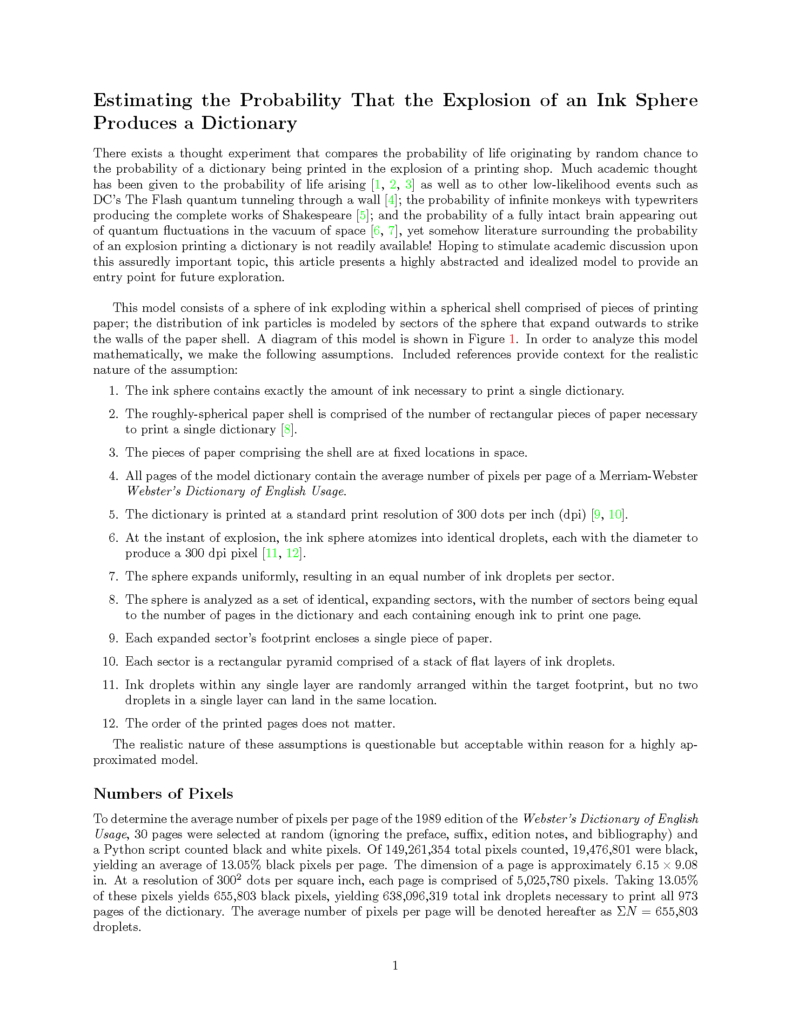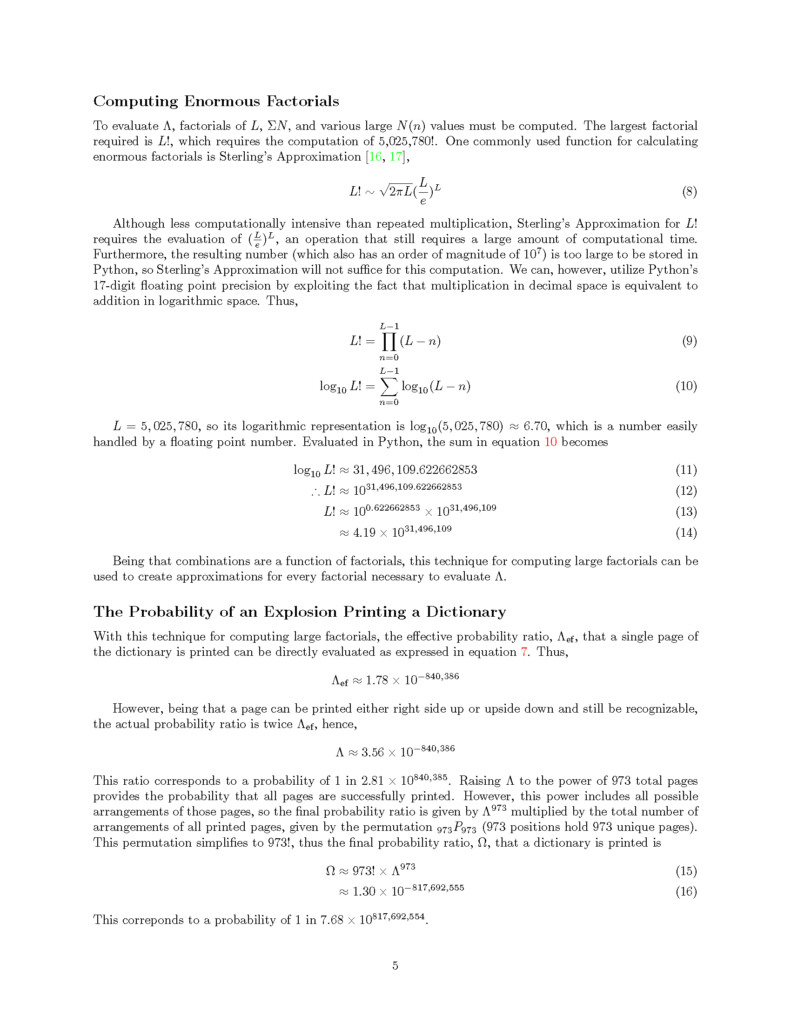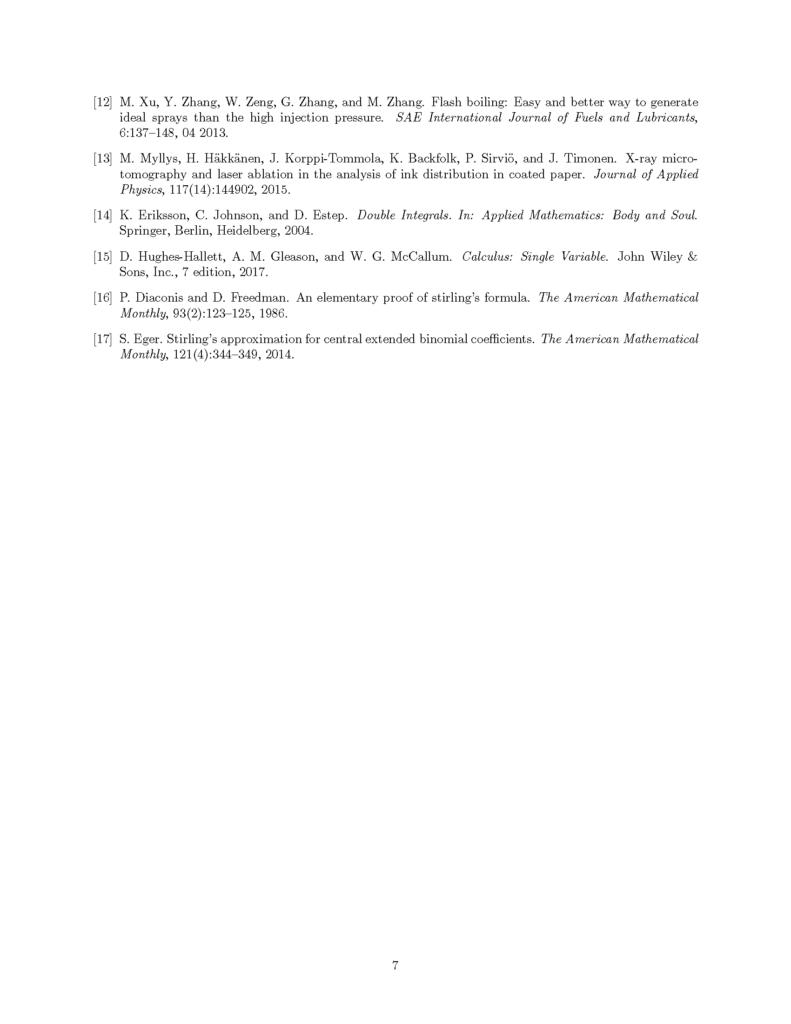The sun shone weakly before it dipped behind the silhouette of the White Planet, but the heat still pounded up from the ground, sending mirages flickering through the night sky like the thought of clouds in a wetter world. Night fell, stars shone brightly through the haze of heat, and a startled Acuña woke from the hammock inside his house to the sound of sand crickets chirping the start of the day.
For day was night on Venus, the yellow planet; or rather, night was day, for the true “day” when the sun was shining was too hot for work, and the bulbous fireflies that blanketed the sky for their night-time mating rituals provided plenty of light to see by.
Acuña dressed in the deep navy garb of the Venus Ferry Commission, breakfasted, kissed his sleeping wife goodbye, and stepped outside into the still-blazing heat. His home was one of many expertly constructed mud-brick houses near the center of town, and it could be recognized from the breath of cold air that left with him that its owner was a well-salaried man. He strolled through streets waking up for the day shift, merchants drawing up carts of chickpeas on horseback, hawking fresh pita breads and olives and little trays of ice to the growing numbers of passers-by. Next to each display of goods was an insulated tank of cool gas about the size of a stout man’s leg. Acuña entered the short queue at the water station and filled a bottle with lukewarm water from the cart. He pulled a small cylinder from his purse and connected it to the water lady’s large tank. She turned a knob until the dial read out the price of the water in Kelvins, smiled, and handed the cylinder back to Acuña. He left an ice cube as a tip, which she melted and fed its coldness into her tank to add to the cold air he had already paid.
When he reached the station, he stepped aboard a slow trolley which took him to the outskirts of town, the site of his work and that of a thousand of the most talented men and women from the far reaches of the Yellow Planet. Acuña looked up past the fireflies at the sky dominated by the shining face of the White Planet, dark now because the sun was behind it, and taking up half the sky. He was in radio contact with his counterparts on that planet, at a site he could not see without a telescope but which he knew he could point at by sticking his finger straight up in the air. The place he stood now and the place he could point to were the spots on the respective planets that were closest together. The Yellow and White Planets were geosynchronously locked—they orbited each other with exactly the same speed so that they stayed in fixed positions relative to each other as they spun.
Acuña Deliari entered the complex of low adobe structures to a welcome blast of government-minted cool air that greeted him from inside the main building. Today was the first test run of the Interplanetary Ferry Commission’s work of nearly five decades: the first shuttle rocket to travel from the Yellow to the White Planet and back. Today would mark the first day since ancient times that the White and Yellow people had met face to face, and the first time when both prospered under peaceful, capitalist democracies.
The launch site was prepared; the diplomatic procession filed somberly toward the rocket on horses draped with navy and gold coats of arms; and a speech was read out by a young woman in scarlet whose excited inflections barely matched the trembling palpitations felt by Acuña and the rest of the Ferry Commission as they awaited the culmination of their life’s work. Two hours later, an ultrasonic loudspeaker that no human could hear sent the fireflies scattering as a dark hole appeared in the sky through which the magnificent face of Cyro the White Planet glinted in the peeking sunlight, and the rocket lifted off with a rumble like an earthquake and disappeared into the sky. Applause erupted from all sides.
The view from the shuttle was spectacular as it passed through the thick atmosphere of Venus and the portholes opened up on the wide slice of space sandwiched between the two worlds, one yellow and familiar, pulsating with constellations of fireflies, growing more sphere-like and smaller by the minute, and the other snow-white and ominous, looming ever larger. Delray, the lead diplomat among the crew of five, clutched her seat tightly as the rocket spun around at the midpoint between the planets and began preparing for the descent. It struck her suddenly how small her own planet was, and how utterly real the one she was approaching seemed in contrast. She had learned everything there was to know about Cyro through conversations over radio, but there is only so much you can learn from talking about a place, and photographs could do little to aid in communication because the camera had not yet been invented.
When they touched down on the icy ground in the middle of the Cyro Ferry landing site, the Venusian diplomats looked around themselves in awe. They looked first at the earth, blanketed in a thick frost though recently cleared, then at their reflection in the blinding white horizon, then up at the dawn sky and the streaks of pink in the clouds—”Clouds!” they exclaimed with astonished glee—then up at the burning yellow sands of their home planet Venus. Then they turned slightly and gazed up and down again two or three more times, shivering with what could be mistaken for amazement, until one of them tried to speak, and by the time the Cyroans had realized something was wrong, their hearts had nearly stopped and they had to be treated for second-degree frostbite under a lamp of the kind they used for hatching chickens.
For through all their many years of detailed accounts of life on their respective planets, no one had bothered to mention that Cyro’s ambient temperature was minus thirty-five Celsius, while the Venusians had never experienced anything below a sweltering thirty degrees!
Once recovered, Delray and her delegation were given parkas and shawls and kept under close watch by a bemused doctor with a thermometer, with which he prodded them occasionally without warning. They were led by a man named Akunai Delar on a brief official tour of the launching facility, which was comparable in technological sophistication with its Venusian counterpart. They learned that the buildings were heated by immense boiler systems underground in much the same way expensive buildings were cooled on Venus. When Delray asked how they paid for the heat, their guide replied:
“It’s government funded. All the heat sources on Cyro are regulated by the government, you know. We use it as a currency, just the way you pay for things with the cold.”
“But heat is so abundant—” Delray began, before she realized that on Cyro, things worked quite the opposite way than on Venus. The thought sent a shiver down her spine, and the doctor poked her again in the ribs with the thermometer.“Imagine,” Delray whispered to herself as she was herded back onto the shuttle along with the first Cyroan delegation for the return journey, “just imagine if we could move some of that cold air back to Venus! There would be not a poorhouse that went uncooled in summer, not a crop that would fail from drought, not one more death from heat stroke in any city south of Saõlo!” And the Cyroans nodded gravely, no doubt thinking of the benefits of Venus’s prolific temperature to their freezing planet where the generators could barely keep the cities warm in the winter and where heat was a commodity to be hoarded like gold.






